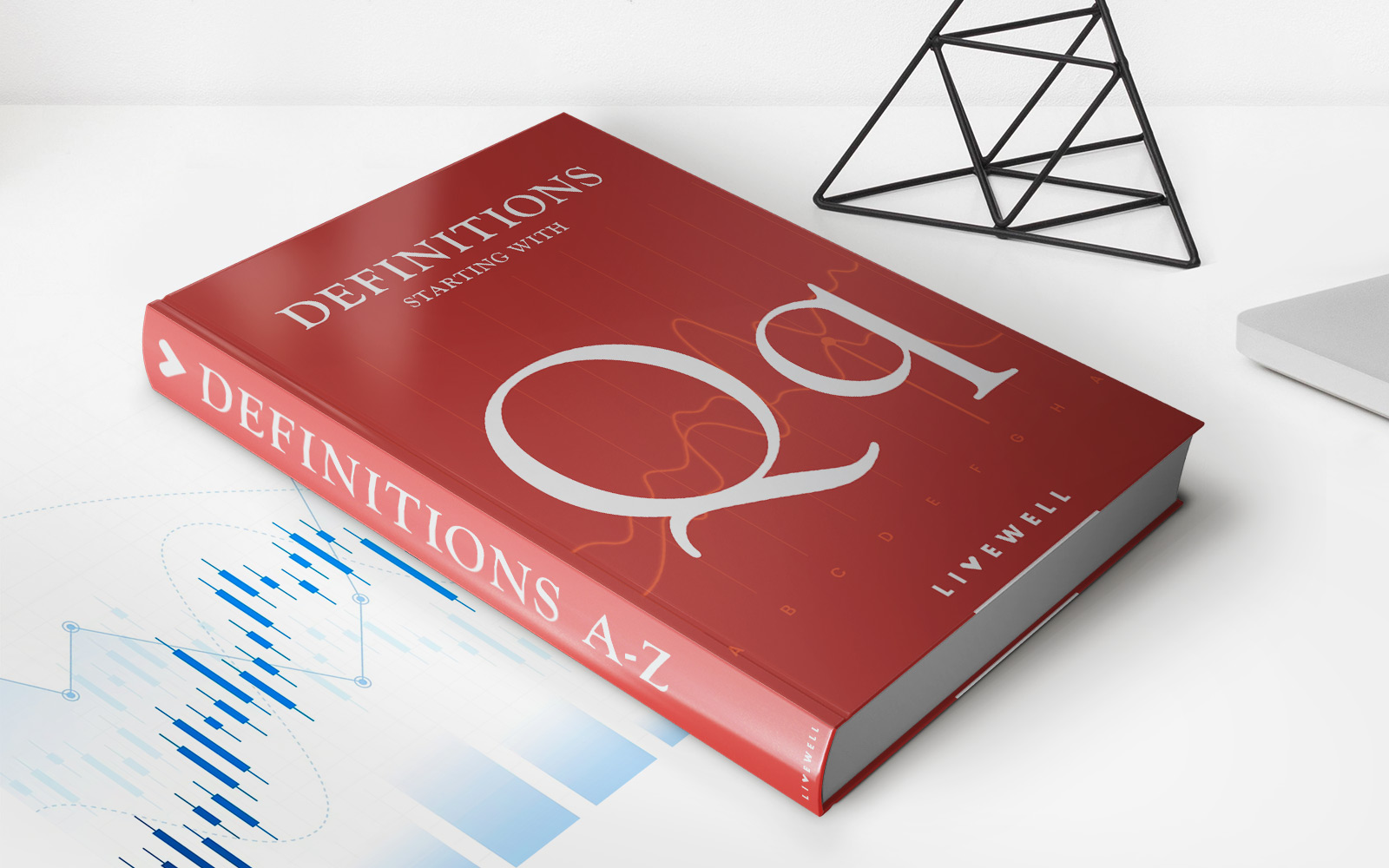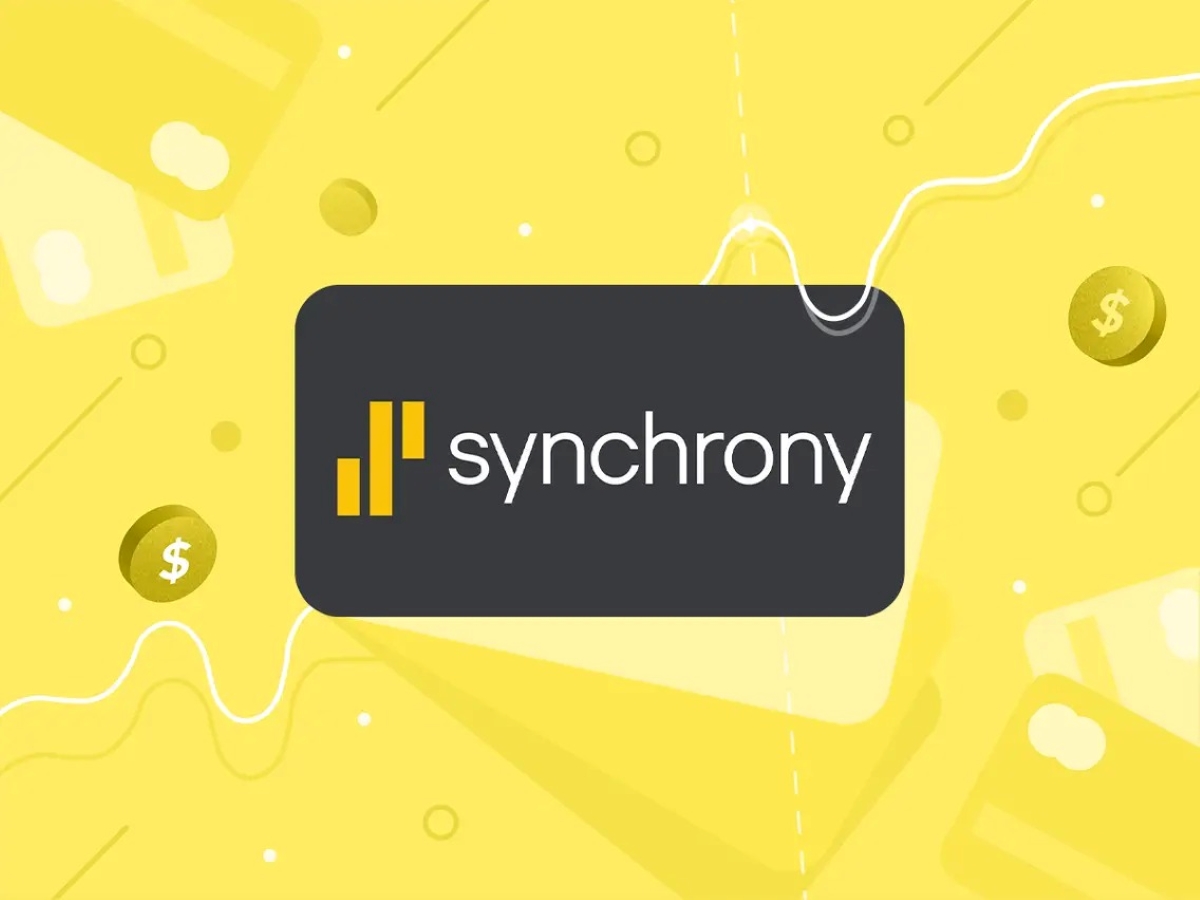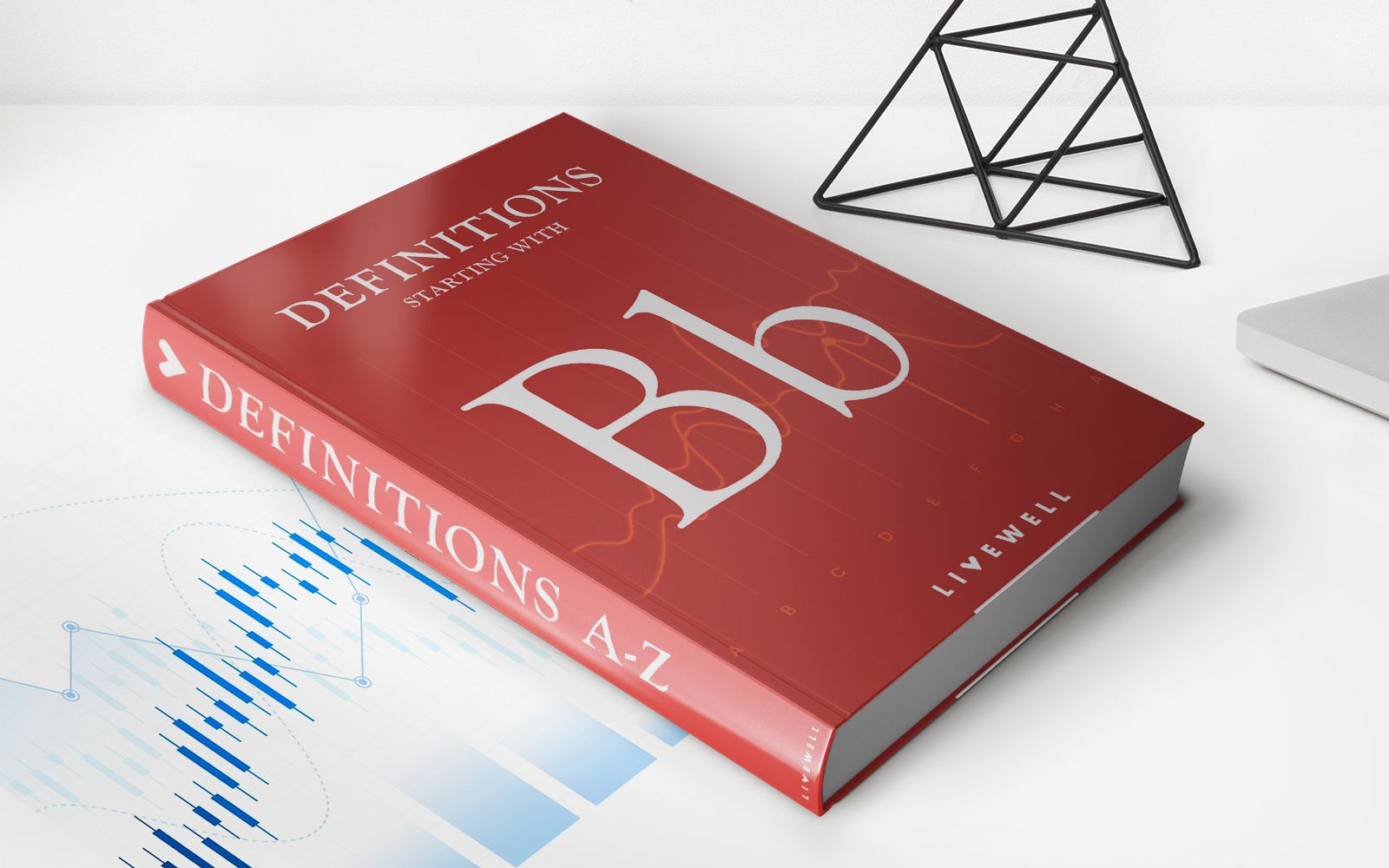Home>Finance>Why Shouldn’t You Pay The Minimum Payment On A Credit Card


Finance
Why Shouldn’t You Pay The Minimum Payment On A Credit Card
Published: February 25, 2024
Learn why paying only the minimum on your credit card can be costly. Discover the impact on your finances and how to manage credit card payments effectively.
(Many of the links in this article redirect to a specific reviewed product. Your purchase of these products through affiliate links helps to generate commission for LiveWell, at no extra cost. Learn more)
Table of Contents
Introduction
Why Shouldn’t You Pay the Minimum Payment on a Credit Card?
Paying the minimum amount due on your credit card statement might seem like a convenient way to manage your finances, but it can lead to long-term financial challenges. In this article, we'll delve into the reasons why making only the minimum payment on your credit card can be detrimental and explore alternative strategies for managing your credit card debt.
When you receive your credit card statement, it typically includes a "minimum payment due" section. This is the lowest amount you are required to pay by the due date to keep your account in good standing. While it may be tempting to pay only this minimum amount, especially when money is tight, doing so can have significant repercussions on your overall financial well-being.
By understanding the implications of making minimum payments and exploring alternative approaches, you can take control of your financial situation and work towards a more secure and stable future. Let's delve deeper into the reasons why paying only the minimum on your credit card should be avoided, and how you can proactively manage your credit card debt to achieve greater financial freedom.
Understanding the Minimum Payment
When you receive your credit card statement, it often includes a "minimum payment due" section. This amount is calculated based on various factors, including your outstanding balance, interest rate, and a percentage of the principal balance. While the minimum payment may seem like a manageable obligation, it’s crucial to comprehend how it affects your overall financial situation.
The minimum payment typically consists of a small percentage of the total balance, often around 1-3%, along with any interest and fees accrued during the billing cycle. As a result, paying only the minimum amount extends the repayment period, leading to increased interest charges and a higher overall cost of debt. Additionally, if you continue to use the credit card for new purchases while making minimum payments, your balance can quickly spiral out of control.
It’s essential to recognize that the minimum payment is designed to ensure the credit card issuer receives a basic level of payment, but it’s not structured to expedite debt repayment. This means that by solely making minimum payments, you may find yourself trapped in a cycle of debt, paying substantial amounts of interest while making minimal progress in reducing the principal balance.
Understanding the mechanics of the minimum payment empowers you to make informed decisions about managing your credit card debt. By gaining clarity on how the minimum payment is calculated and its implications for long-term debt management, you can take proactive steps to avoid falling into the minimum payment trap and work towards achieving financial stability.
The Cost of Paying the Minimum
While paying the minimum amount due on your credit card may provide temporary relief, it comes with a significant long-term financial burden. By making only the minimum payment, you are essentially prolonging the repayment period and subjecting yourself to substantial interest charges.
One of the key costs of paying the minimum is the accrual of interest. Credit card interest rates are often notably high, and when you carry a balance forward by paying only the minimum, you continue to accumulate interest on the remaining debt. This can result in paying a substantial amount of interest over time, significantly inflating the total cost of your purchases.
Moreover, the extended repayment period associated with making minimum payments means that you remain in debt for a more extended period, impacting your financial freedom and flexibility. It also limits your ability to allocate funds towards savings, investments, or other essential expenses, as a significant portion of your income goes towards servicing the credit card debt.
Another cost to consider is the potential impact on your credit score. Carrying high balances relative to your credit limits, known as credit utilization, can negatively affect your credit score. By consistently making only the minimum payment, you may inadvertently signal to creditors that you are heavily reliant on credit, which can lower your credit score and limit your access to favorable credit terms in the future.
By understanding the true cost of paying the minimum on your credit card, you can make informed decisions about managing your finances. Recognizing the long-term financial implications can motivate you to explore alternative strategies for debt repayment and take proactive steps towards achieving greater financial stability.
Impact on Credit Score
When you consistently make only the minimum payment on your credit card, it can have a notable impact on your credit score. Your credit score is a critical indicator of your creditworthiness, influencing your ability to secure favorable loan terms, obtain mortgages, and even affecting potential employment opportunities. Understanding how minimum payments affect your credit score is crucial for maintaining a healthy financial profile.
One of the key factors that contribute to your credit score is your credit utilization ratio, which is the amount of credit you are using relative to your total available credit. By carrying high balances and making only the minimum payment, you may inadvertently increase your credit utilization ratio, signaling to creditors that you are heavily reliant on credit. This can negatively impact your credit score, potentially leading to higher interest rates on future credit products and limiting your access to additional credit.
Furthermore, consistently making minimum payments may also indicate financial distress to credit reporting agencies. While unforeseen circumstances can lead to temporary financial challenges, a pattern of minimum payments can signal ongoing financial instability, potentially lowering your credit score and impacting your financial reputation.
It’s important to note that a lower credit score can have far-reaching implications beyond credit access. Landlords, insurance companies, and employers may also consider your credit score when making rental decisions, determining insurance premiums, or assessing your suitability for certain roles. Therefore, the impact of making only minimum payments extends beyond the realm of credit and can influence various aspects of your financial life.
Understanding the impact of minimum payments on your credit score underscores the importance of actively managing your credit card debt. By exploring alternative repayment strategies and striving to pay more than the minimum, you can not only mitigate the negative impact on your credit score but also work towards improving your overall financial standing.
Debt Accumulation
Continuously making minimum payments on your credit card can lead to a concerning cycle of debt accumulation. While the minimum payment may offer temporary relief, it often perpetuates a pattern of revolving debt, making it challenging to achieve financial freedom.
One of the primary factors contributing to debt accumulation when making minimum payments is the extended repayment period. By paying only the minimum amount, you are prolonging the time it takes to pay off the balance in full. During this extended period, interest continues to accrue, leading to a higher overall cost of debt. Consequently, what may initially seem like a manageable payment perpetuates a cycle of indebtedness, making it difficult to break free from the burden of credit card debt.
Moreover, the allure of making minimum payments can lead to a false sense of financial security, potentially encouraging additional spending. When individuals focus solely on meeting the minimum payment requirement, they may overlook the urgency of reducing their overall debt burden. This can result in a continuous cycle of borrowing and repayment, further exacerbating the accumulation of debt over time.
Furthermore, the psychological impact of carrying persistent credit card debt can be significant. The stress and anxiety associated with ongoing financial obligations can take a toll on overall well-being, affecting mental and emotional health. Breaking free from the cycle of debt accumulation is not only a financial imperative but also a crucial step towards achieving peace of mind and greater financial stability.
Understanding the implications of debt accumulation resulting from minimum payments empowers individuals to take proactive steps towards managing their credit card debt effectively. By recognizing the long-term consequences of revolving debt and exploring alternative repayment strategies, individuals can work towards breaking free from the cycle of debt accumulation and achieving greater financial security.
Alternatives to Paying the Minimum
Recognizing the potential pitfalls of consistently making minimum payments on your credit card, it’s essential to explore alternative strategies for managing and repaying your credit card debt. By proactively addressing your debt obligations, you can work towards achieving financial stability and minimizing the long-term costs associated with revolving credit card balances.
One effective alternative to paying the minimum is to strive to pay more than the minimum amount due each month. By allocating additional funds towards your credit card payments, you can expedite the reduction of your outstanding balance and minimize the accumulation of interest. Even small increments above the minimum payment can make a significant difference in accelerating debt repayment and reducing overall interest costs.
Consolidating high-interest credit card debt through a balance transfer to a card with a lower interest rate can also be a strategic approach. Many credit card issuers offer promotional periods with minimal or zero interest on balance transfers, providing an opportunity to make substantial progress in reducing your debt without accruing additional interest charges. However, it’s crucial to assess the terms and conditions of the balance transfer offer, including any associated fees and the post-promotional interest rate.
Another alternative is to explore debt consolidation loans, which allow you to combine multiple debts into a single, manageable loan with a potentially lower interest rate. This approach streamlines your debt obligations, simplifying repayment and potentially reducing the overall interest burden. However, it’s important to carefully evaluate the terms of the consolidation loan and ensure that it aligns with your long-term financial goals.
Creating a structured repayment plan and budgeting effectively can also help you prioritize debt repayment and allocate additional funds towards clearing your credit card balance. By identifying areas where you can reduce discretionary spending and directing those savings towards debt reduction, you can expedite your journey towards financial freedom.
By considering these alternatives and actively engaging in proactive debt management strategies, you can mitigate the negative impact of making minimum payments and work towards achieving a debt-free future. Taking control of your financial well-being through informed decision-making and strategic debt repayment approaches can pave the way for long-term financial stability and empowerment.
Conclusion
In conclusion, the decision to pay only the minimum amount due on your credit card can have far-reaching implications for your financial well-being. While it may offer temporary relief, it often leads to long-term challenges, including increased interest costs, debt accumulation, and potential impacts on your credit score. Understanding the drawbacks of minimum payments empowers individuals to explore alternative strategies for managing their credit card debt and achieving greater financial stability.
By comprehending the true cost of making minimum payments, individuals can proactively address their debt obligations and work towards breaking free from the cycle of revolving credit card balances. Striving to pay more than the minimum, leveraging balance transfer opportunities, exploring debt consolidation options, and creating structured repayment plans are effective alternatives that can expedite debt reduction and minimize overall interest costs.
Furthermore, taking control of your financial well-being through informed decision-making and strategic debt repayment approaches can pave the way for long-term financial stability and empowerment. By actively managing your credit card debt and striving to pay more than the minimum, you can embark on a journey towards financial freedom and peace of mind.
Ultimately, the choice to move beyond minimum payments and actively address your credit card debt is a pivotal step towards achieving a secure and resilient financial future. By embracing informed financial strategies and actively engaging in proactive debt management, individuals can navigate towards a path of reduced debt burden, improved creditworthiness, and enhanced financial well-being.














